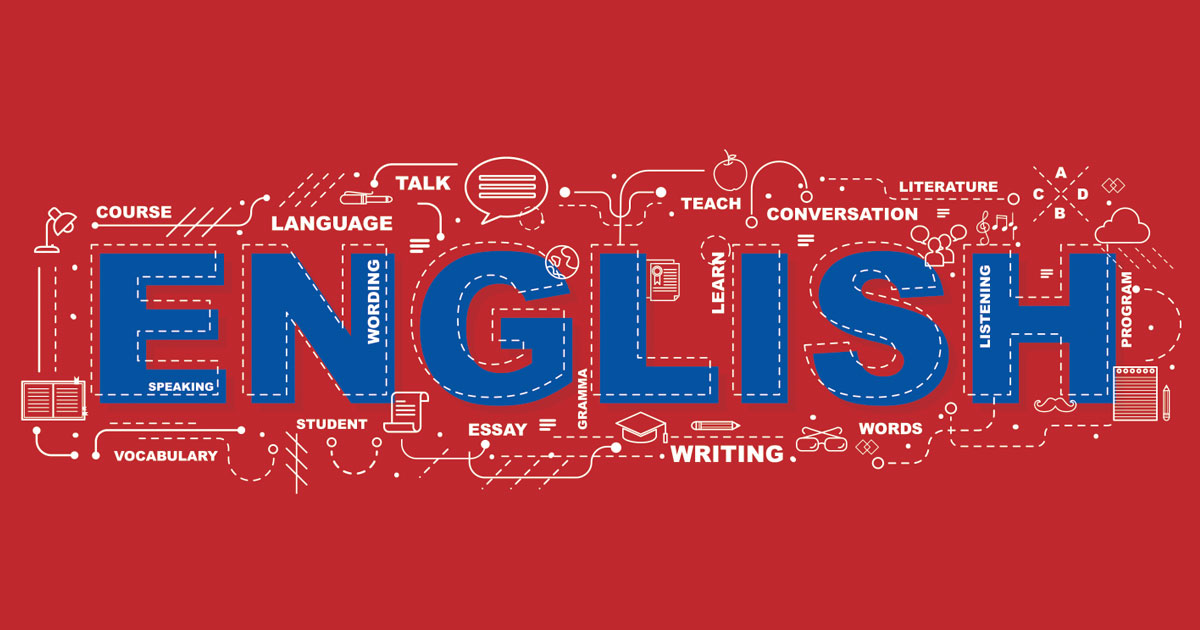As a college graduate who studied English as her major, I would often get asked if I wanted to be an English teacher post-graduation. I would always respond, “Oh nooo! I want to write! I’m taking up English to develop my craft.” It’s almost as if most people believe that teaching is the only thing to do with an English degree. It is truly a popular major to pursue, but certainly not the only one. A plethora of career options falls under the umbrella of an English degree, as well as skills and qualities we acquire while studying English.
CAREERS WITH AN ENGLISH DEGREE
Journalism. With a bachelor’s degree in English, you can pursue a growing career in journalism, whether you are writing articles in print or reporting them live on the local news. While studying English—perhaps with journalism as a minor or concentration—aspiring journalists learn the art of research, citing sources, and communicating with others to produce a grabbing headline. Writing several essays within two months will help fortify writing skills, while oral presentations train their public speaking.
Writing. Writing jobs are everywhere now! There are sectors of employment that gladly accept writers of many kinds. Technical writers are needed to compose “how-to” or “step-by-step” instructions. They are also important for writing rules and procedures for non-profits or contracts. Content writers are appreciated for writing website content on a company site. Bloggers and other freelance writers who may work for a local newspaper or magazine also have skills amplified with an English degree. And, of course, you can always aspire to be a bestselling, Pulitzer-prize-winning author by practicing your creative writing! You can see about birthing your storytelling skills, either by taking a creative writing course or by using your imagination in your own time.
Publishing business. An English degree, likely only a bachelor’s, will prepare you for the publishing world. Within this business, you can seek careers in editing, proofreading, publishing, and even ghostwriting. While taking English courses, there will be “peer-review” days where students exchange rough drafts of their essays and read their fellow students’ work. Peer-review includes editing the other students’ work, marking up their drafts with revisions, and providing feedback to help make their drafts better. This is very similar to proofreading and editing a professional writer’s work. Can this be nerve-racking during school? Yes! But it is excellent practice if anyone wants a career in publishing. It also builds crocodile skin for future writers before they make their work public!
Marketing and Sales. Studying English builds vocabulary, rhetorical skills, strong communication and confidence speaking and writing—therefore preparing one for a career in sales and marketing, where those strengths are exalted. This is where copywriting comes in. Copywriters write advertising and promotional content. They are responsible for the writing on billboards, websites, brochures, and catalogs. They are basically “print salespeople!” But, of course, successful copywriting requires intense focus on the subject at hand. So, writing essays on a specific topic or idea helps to strengthen this needed skill for any marketing career.
Public Relations. This is where communication plays a key role. Studying English helps build the confidence that is needed to communicate effectively with the public. Public relations also requires strong marketing skills that come with being an English student, because you must know how to promote and advertise the company or organization you are representing.
WHAT DO WE LEARN WHILE STUDYING ENGLISH?
The strengths we gain being under the English major not only prepare us for our career, but for life. Through reading, speaking, and copious writing assignments, we gain strong communication skills. Reading assignments and open-class discussions mature our critical-thinking skills and decision-making. Our writing and grammar skills sharpen, as those are heavily needed in the workplace. We learn to employ abstract thinking, so we can make sense out of symbols and metaphors used in cryptic poetry and classic literature. And lastly, we learn the beauty of research in which we learn how to use the resources at hand to seek out new information, not only in academia, but also to add quality to our daily life.
English is a general subject with specific career choices!























